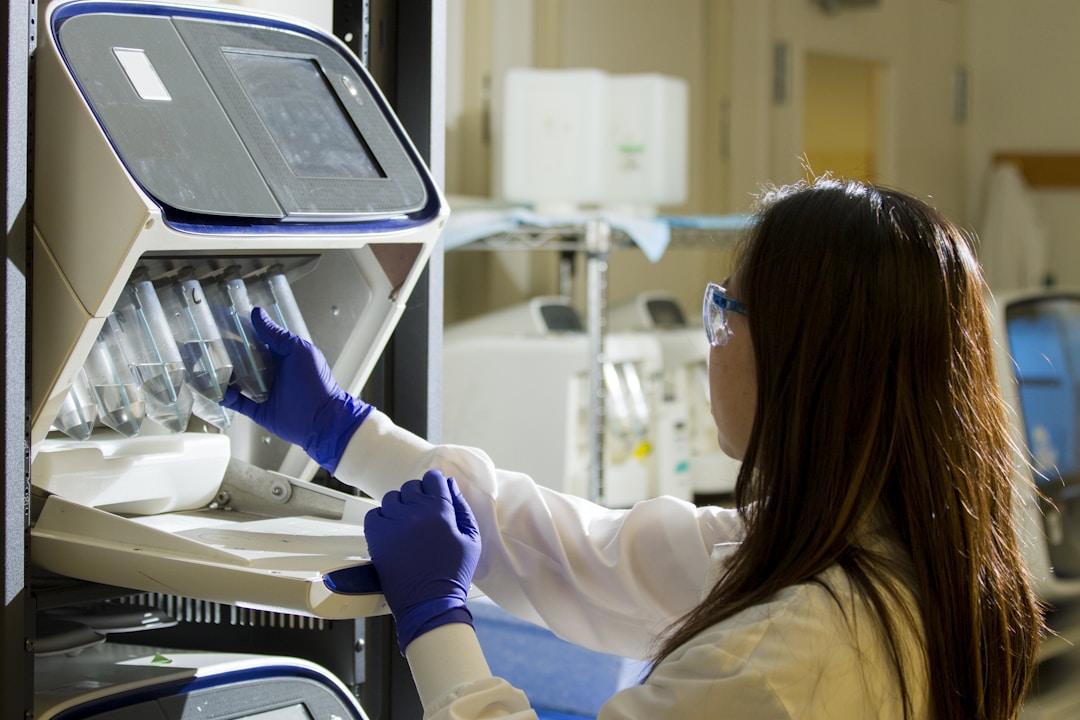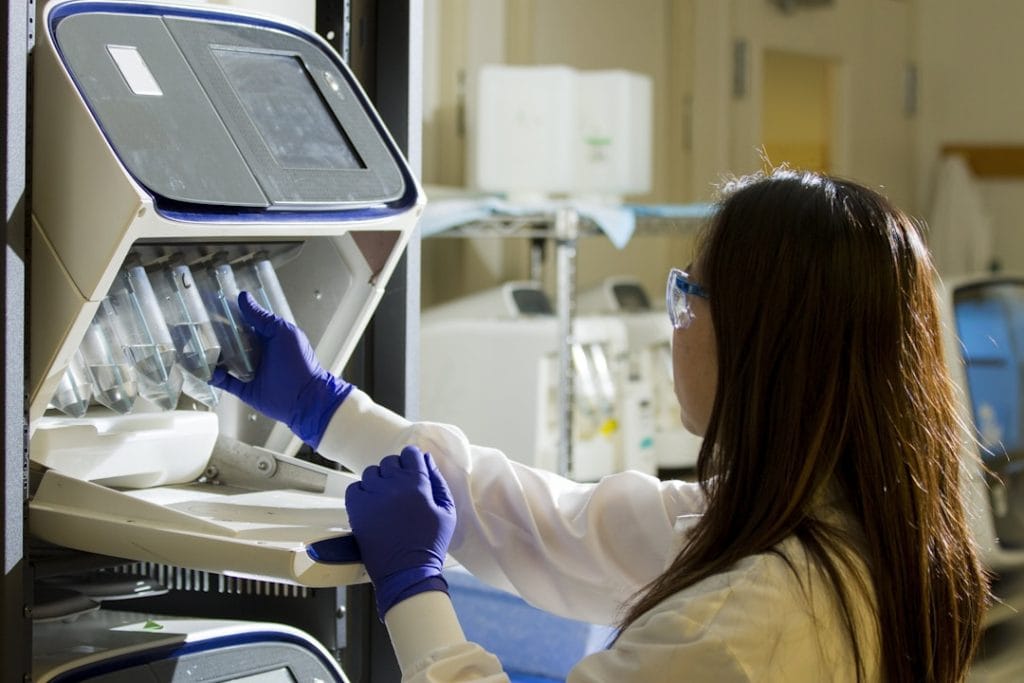As health care continues to advance, the need for specialized knowledge and skills grows in tandem. A medical technology degree serves as a critical pillar in modern health care education and practice, equipping individuals with the scientific proficiency necessary to perform vital laboratory work that underpins disease diagnosis and patient care. The degree encompasses a vast array of analytical and diagnostic skills pertinent to the medical field. If you’re contemplating a career that lies at the intersection of health care and innovative technology, a degree in medical technology may be your gateway to a fulfilling profession. Keep reading to discover the ins and outs of this dynamic educational path.
Exploring the Realm of Medical Technology Degrees

Embarking on a journey to earn a medical technology degree is an investment in a field marked by continuous evolution and importance. At its core, a medical technology program prepares students to operate complex equipment, perform a variety of tests, and analyze results to aid in patient diagnoses and treatment. This degree covers a breadth of scientific disciplines, including biology, chemistry, and microbiology, reflecting the multifaceted nature of the profession.
For those aspiring to enter this pivotal sector, obtaining a medical technology degree serves as an important credential. It represents a comprehensive understanding of the laboratory methodologies and diagnostic tools required to support and enhance patient care. With a strong educational foundation, medical technologists play a crucial role in the wider health care landscape, influencing outcomes and improving lives.
Potential Career Paths for Graduates With a Medical Technology Degree
Once armed with a medical technology degree, graduates find themselves with multiple avenues available for their professional ventures. One obvious direction is that of a clinical laboratory technologist or technician, where they play a pivotal role in examining and analyzing body fluids, tissue samples, and other substances. Their work is integral to a functioning health care system as it contributes directly to patient diagnosis and treatment planning.
Aside from the traditional roles in hospital and clinic laboratories, graduates can often find employment in public health organizations, where their analytical skills are utilized in monitoring and controlling disease outbreaks. In biotechnology firms, medical technologists contribute to research and development, bringing forth innovations in diagnostic tools and medical treatments. The pharmaceutical industry also presents opportunities for those interested in drug development and quality assurance.
Licensing and Certification for Medical Technologists

The process of becoming a fully fledged medical technologist often extends beyond the acquisition of an academic degree; licensure and certification play a key part in legitimizing one’s qualifications. Licensure, which may be required by some states, typically necessitates passing an examination to ensure a standardized level of competency in the field. This formal recognition serves to maintain high standards of practice and protect public health.
Certification, though not always mandatory, is highly recommended as it showcases a commitment to professional development and excellence. Entities such as the American Society for Clinical Pathology (ASCP) offer certification exams for medical technologists. Being certified can enhance job prospects and may be a requirement for certain positions, especially in specialized areas of practice.
The Future of Medical Technology and Continuous Education Requirements
The future of medical technology looks bright with the advent of increasingly sophisticated diagnostic tools and the continuous rise of personalized medicine. With these advancements comes a growing need for skilled medical technologists who are adept at navigating new technologies and integrating them into clinical practice. The field is expected to grow, reflecting the ongoing demand for efficient and accurate medical diagnostics.
As medical technology continues to evolve, so too do the educational requirements for those in the field. Staying abreast of emerging developments is not just beneficial, it’s necessary. Ongoing professional development through further education ensures that medical technologists are competent in the face of technological changes and can deliver high-quality patient care. Additionally, a commitment to education fosters an environment of innovation, allowing professionals to be at the forefront of discovery and progress within the field.
Overall, a medical technology degree serves as a springboard into a diverse and evolving career field, rich with opportunities for personal and professional growth. Training individuals in cutting-edge diagnostics and laboratory practices, it lays the groundwork for fulfilling work that has a profound impact on patient care and health outcomes. With an unwavering commitment to professional development, medical technologists are poised to meet the current and future challenges of the health care industry.
Tradersdna is a leading digital and social media platform for traders and investors. Tradersdna offers premiere resources for trading and investing education, digital resources for personal finance, market analysis and free trading guides. More about TradersDNA Features: What Does It Take to Become an Aggressive Trader? | Everything You Need to Know About White Label Trading Software | Advantages of Automated Forex Trading









